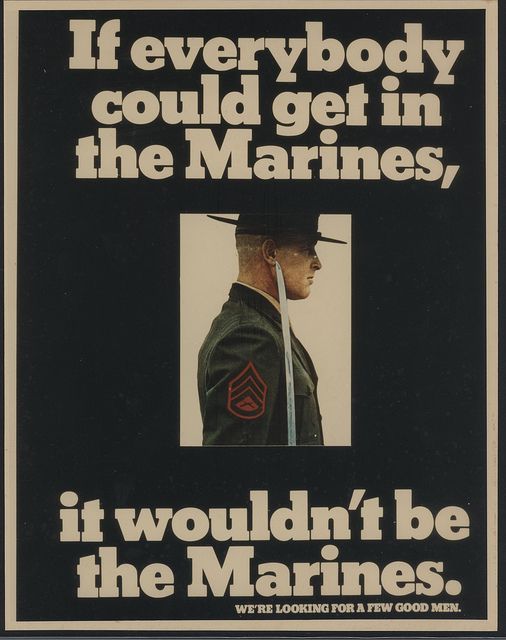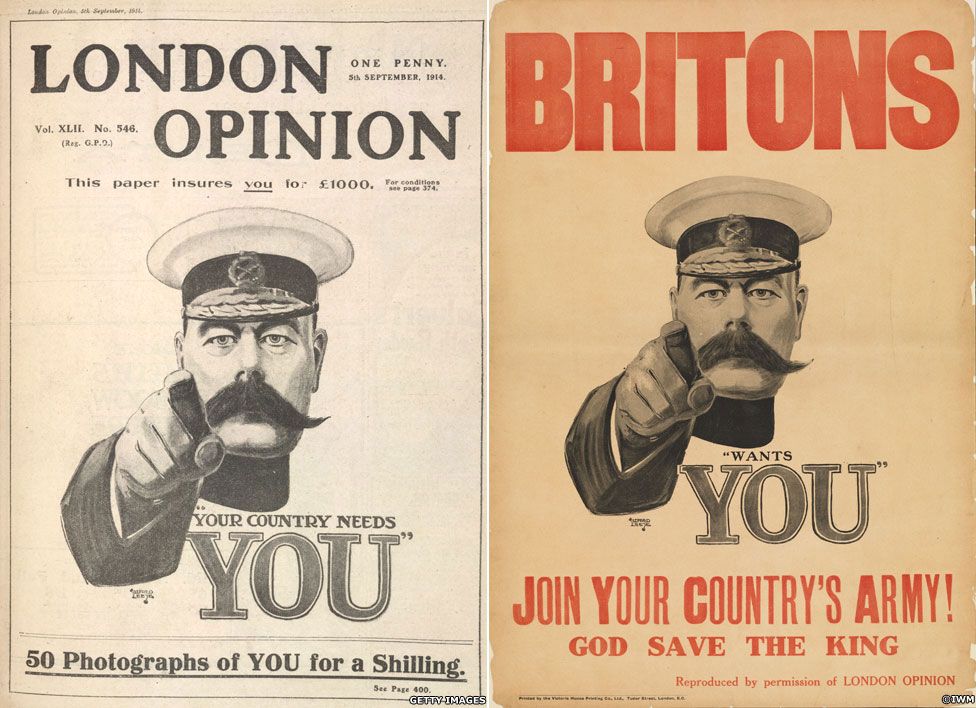
Posted on 01/15/2019 4:14:57 AM PST by gattaca
LONDON—The British Army is trying to turn the tables on millennial stereotypes, calling for Snowflakes, Me Me Me Millennials, Phone Zombies, and Selfie Addicts to join up in a World-War-II-style recruitment campaign.
Desperate to beef up its dwindling ranks with youngsters, the Ministry of Defence launched a recruitment campaign on Jan. 3 that echoes the famous posters saying: Your Army Needs You.
But instead of the moustached Lord Kitchener, are images of young people tagged as Binge Gamers and Class Clowns.
The new campaign isn’t intended to insult the snowflakes, but to showcase the British Army’s ability to spot and nourish potential, as part of a broader campaign including TV adverts and radio spots that try to spin the stereotypes.
Your Army Needs You - Flyposters2 Posters from the 2019 British Army recruitment drive, published Jan. 3, 2019. (Ministry of Defence) At the bottom of each poster is the pay off, a strapline touting positive attributes of each stereotype: Binge Gamers are needed for their drive, Selfie Addicts are needed for their confidence, Me Me Me Millennials for their self-belief, and Phone Zombies for their focus. The Snowflakes, apparently, are needed for their compassion.
A poster from the 2019 British Army recruitment drive, published Jan. 3, 2019. (MoD/Crown Copyright) The Army is keen to emphasise the posters are just one part of a broader recruitment drive, aimed at Generation Z—that is, 16- to 25-year-olds.
“The Army sees people differently and we are proud to look beyond the stereotypes and spot the potential in young people, from compassion to self-belief,” said Maj. Gen. Paul Nanson CBE of Army Recruiting in a statement via email. “We understand the drive they have to succeed and recognise their need for a bigger sense of purpose in a job where they can do something meaningful.”
Some have suggested the campaign is ripe for memes, and ridicule, and may backfire most explosively specifically in the group that they want to target.
Snowflakes army5 A poster from the 2019 British Army recruitment drive, published Jan. 3, 2019. (MoD/Crown Copyright) The posters are already proving controversial, with some commentators suggesting it relies on a clumsy comparison of negative and positive attributes.
A poster from the 2019 British Army recruitment drive, published Jan. 3, 2019. (MoD/Crown Copyright) “This [Me Me Me Millennial poster] really reveals the intellectual and emotional illiteracy of the people behind this recruitment campaign,” wrote Frank Furedi, in Spiked magazine. “They are confusing the insecure sensibility of the ‘me me me’ outlook with self-belief. Similarly, praising ‘snowflakes’ for their compassion is wrong—compassion is a byproduct of an altruistic sense of service, not moral flakiness and being easily offended.”
“The Army’s snowflake campaign actually patronises the young,” said Furedi, who has written extensively on the changing values and treatment of young people in Western society. “Most young people understand that self-obsession is not a positive thing. Indeed, there are many young people who are idealistic and who are prepared to serve their communities. Yet instead of trying to harness the positive attributes of the young, this campaign infantilises would-be recruits.”
The Army has fallen short of its recruiting targets for the last several years. A campaign last year called “belonging” was criticised for its politically correct depiction of the Army as a Safe Space of diversity—complete with a tearful soldier opening a letter—and did nothing to lift the recruitment rate.

I suspect that the real goal is to build an army that will have no hesitation in slaughtering their Conservative countrymen. Mad Dog was attempting to do so here.

Gotta get them to sign on the line before they can fix them.
#19 Gen Z? I just call them wussies.... :)
Disclaimer: Opinions posted on Free Republic are those of the individual posters and do not necessarily represent the opinion of Free Republic or its management. All materials posted herein are protected by copyright law and the exemption for fair use of copyrighted works.